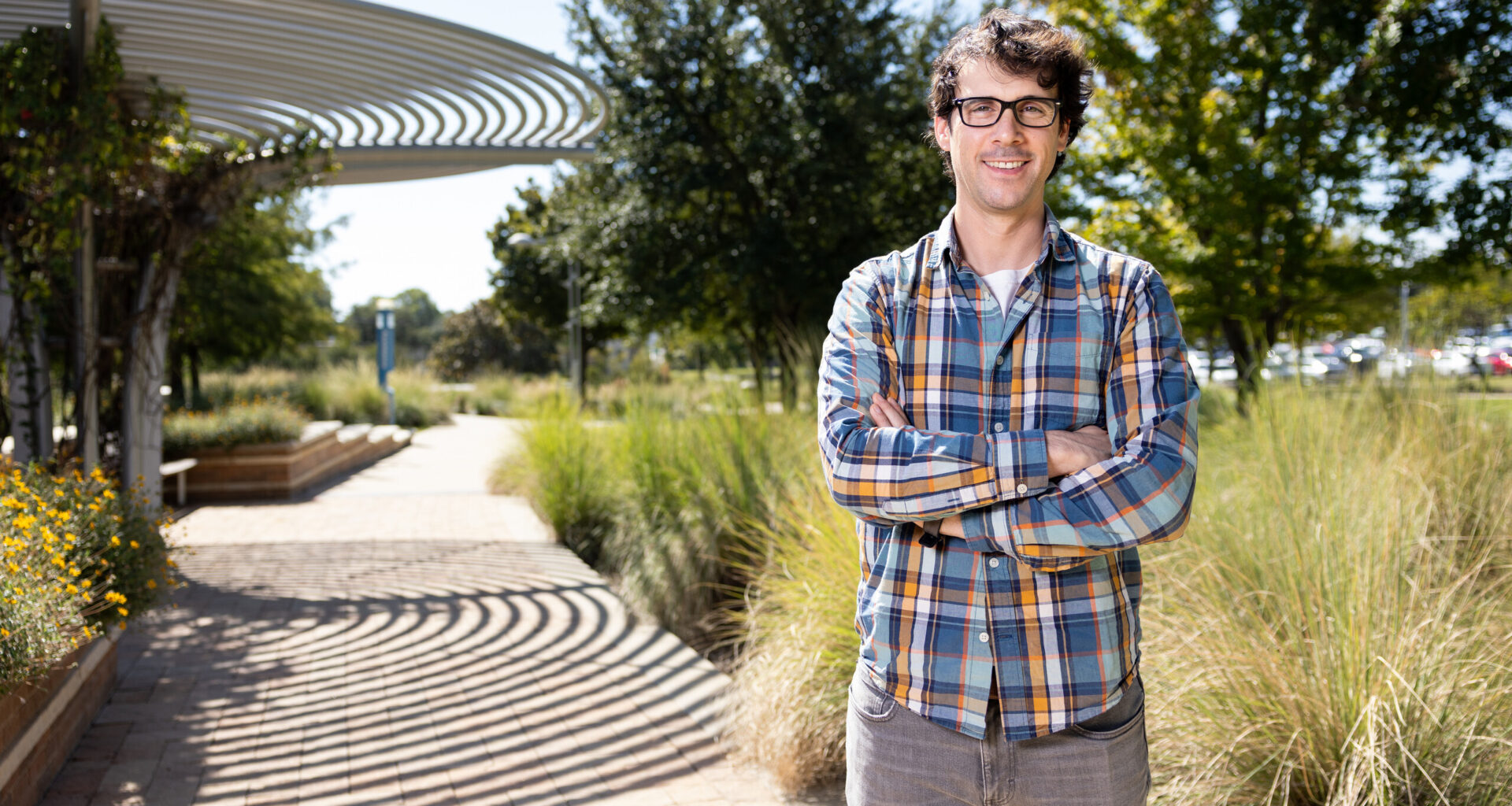Steven Weisberg is interested in how unique one person’s experience physically navigating the world is from others.
While working in Florida, he began exploring how day-to-day life is affected by the decline in cognitive function associated with dementia and Alzheimer’s disease.
“Now that you’ve lost certain ways of representing the world, now what is it that you do? How do you navigate? How does this affect your daily life?” Weisberg said. “These are the sorts of themes that I’m planning to build on here at UTA.”
The assistant professor’s hiring in September comes as Texas increases investment in dementia research. Last week, voters overwhelmingly approved creating the Dementia Prevention and Research Institute of Texas, or DPRIT.
The state will funnel $3 billion in public dollars in January from surplus funds and $300 million every following year. About 69% of Texan voters approved the institute, which required a constitutional amendment.
Michael Nelson, director of both the Clinical Imaging Research Center and the Center for Healthy Living and Longevity at UTA, said the investment will be revolutionary for dementia research.
“This is a major win for Texans, and it’s a major win for the U.S. because any research that comes out of Texas is going to ultimately benefit Americans in general,” Nelson said.
The University of Texas at Arlington and UNT Health Fort Worth have scaled up their dementia and Alzheimer’s research in recent years.
UNT Health escalated brain health investment over the last decade, said Sid O’Bryant, the executive director of the university’s Institute for Translational Research and who researches brain health. He pointed to the $150 million grant UNT Health received in 2022 from the National Institute on Aging to study Alzheimer’s. At the time, it was the largest grant the University of North Texas System had ever received.
UTA is in the process of hiring additional researchers for its “brain health cluster” to study dementia. Weisberg was one of the two faculty members hired so far, and the university plans on hiring two more. The university invested $6.2 million in its new Clinical Imaging Research Center last year, cemented by a new magnetic resonance imaging (MRI) machine.
Nelson and O’Bryant said their schools intend to seek the new funding available through the new state institute.
The Dementia Prevention and Research Institute of Texas is the second of its kind created by the state. Voters approved creating the Cancer Prevention and Research Institute of Texas, or CPRIT, in 2007.
As of February, the cancer institute awarded $3.7 billion in grants to Texas-based researchers. In a press release, the institute reported it has aided the establishment, expansion or relocation of 74 companies to the Lone Star State.
O’Bryant noted many universities didn’t have large-scale cancer research before CPRIT. Given what has resulted from that investment, including new cancer therapies and the creation of new research facilities, O’Bryant expects a similar effect for dementia.
“It’s really hard to say how important this is and how amazing the implications it has for our broad base for the state of Texas,” O’Bryant said. “For the patients, for our economy, this is just amazing.”
From Weisberg’s perspective, the new funding is important. Dementia research is costly given the resources needed to gather enough people for large studies and track them over time.
“Similar to researching other diseases, there’s an opportunity to actually help people by doing this research, and we can learn something fundamental” about dementia, Weisberg said. “Who knows what future innovation this is going to lead to as a result.”
Ismael M. Belkoura is the health reporter for the Fort Worth Report. Contact him at ismael.belkoura@fortworthreport.org.
At the Fort Worth Report, news decisions are made independently of our board members and financial supporters. Read more about our editorial independence policy here.
Related
Fort Worth Report is certified by the Journalism Trust Initiative for adhering to standards for ethical journalism.
Republish This Story
Republishing is free for noncommercial entities. Commercial entities are prohibited without a licensing agreement. Contact us for details.
